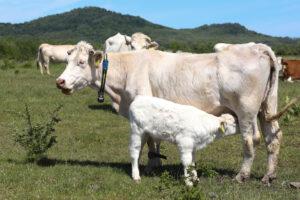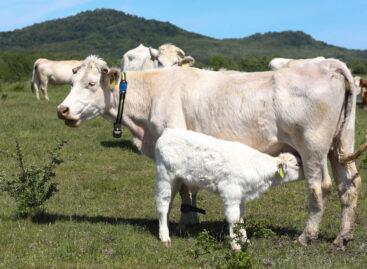Could the foot-and-mouth disease epidemic further worsen store prices?
After fifty years, foot-and-mouth disease has reappeared in Hungary, which could have serious economic consequences. Although consumers are not yet feeling the impact on food prices, the export market is already suffering significant losses. The article by Pénzcentrum explores this topic.
The epidemic situation and its spread
 Foot-and-mouth disease is a highly contagious animal disease that primarily spreads among cloven-hoofed animals – such as pigs, cattle, goats and sheep. Although it is rarely dangerous to humans, it causes rapid population loss and long-term economic damage in the affected animals. The disease first appeared in Nagybajcsány, and several petting zoos and zoos in the country were closed as a precaution.
Foot-and-mouth disease is a highly contagious animal disease that primarily spreads among cloven-hoofed animals – such as pigs, cattle, goats and sheep. Although it is rarely dangerous to humans, it causes rapid population loss and long-term economic damage in the affected animals. The disease first appeared in Nagybajcsány, and several petting zoos and zoos in the country were closed as a precaution.
Export restrictions and economic impacts
Due to the outbreak of the epidemic, several countries, including China and some European partner states, have already introduced import bans on Hungarian animal products. According to Tamás Éder, president of the Association of Responsible Food Producers, Hungary could face significant export losses in the short term, especially in dairy products and pork and beef exports.
“We are losing a significant part of our exports outside the EU, while third countries are constantly introducing new restrictions,”
– said Tamás Éder, adding that the authorities must do everything possible to stop the spread of the disease.
The situation of livestock farmers and the domestic market
According to experts, it is unlikely that there will be a significant price increase in grocery stores due to foot-and-mouth disease for the time being. Lajos Braunmüller, editor-in-chief of Agrárszéktor, believes that milk and meat prices could jump if the disease spreads further and mass animal slaughter is necessary.
“In extreme cases, shortages could arise, for example if larger dairy herds had to be slaughtered. “The authorities are taking the epidemic seriously, we hope it does not spread to such an extent that this is also felt in prices,”
said Braunmüller.
Related news
Related news
Nestlé to sell remaining ice-cream assets but commits to Froneri venture
🎧 Hallgasd a cikket: Lejátszás Szünet Folytatás Leállítás Nyelv: Auto…
Read more >









